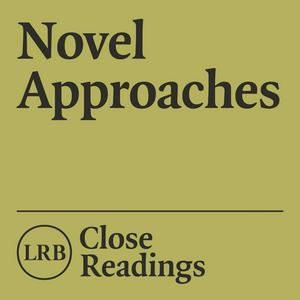George Gissing’s novels, Orwell once said, could be described in three words: ‘not enough money’. Writing is a matter of survival for the cast of ‘New Grub Street’ (1891), which follows a handful of literary men and women in London in the early 1880s. All of them have different ideas about success, love and personal fulfilment, and all those ideas – even the most brutally pragmatic – are subverted by the pressures of sexuality and the marketplace.
In the final episode of Novel Approaches, Clare Bucknell and Tom Crewe discuss Gissing’s great portrait of London at its shabbiest. They explore Gissing’s unrelenting realism, his gift for writing nuanced characters, and why, in Tom’s words, if the novel is gloomy, it’s ‘an invigorating gloom’.
Non-subscribers will only hear an extract from this episode. To listen in full, and to all our other Close Readings series, sign up:
Directly in Apple Podcasts: https://lrb.me/applecrna
In other podcast apps: https://lrb.me/closereadingsna
Further reading from the LRB:
Frank Kermode on George Gissing:
https://www.lrb.co.uk/the-paper/v05/n02/frank-kermode/squalor
Rosemarie Bodenheimer on Gissing’s life:
https://www.lrb.co.uk/the-paper/v31/n13/rosemarie-bodenheimer/give-us-a-break
Jane Miller on Gissing’s letters:
https://www.lrb.co.uk/the-paper/v13/n05/jane-miller/gissing-may-damage-your-health
Ian Hamilton on a new ‘New Grub Street’:
https://www.lrb.co.uk/the-paper/v05/n02/ian-hamilton/diary
Patricia Beer on Gissing’s women:
https://www.lrb.co.uk/the-paper/v02/n14/patricia-beer/new-women
AUDIO GIFTS
Close Readings and audiobooks: https://lrb.me/audiogifts


